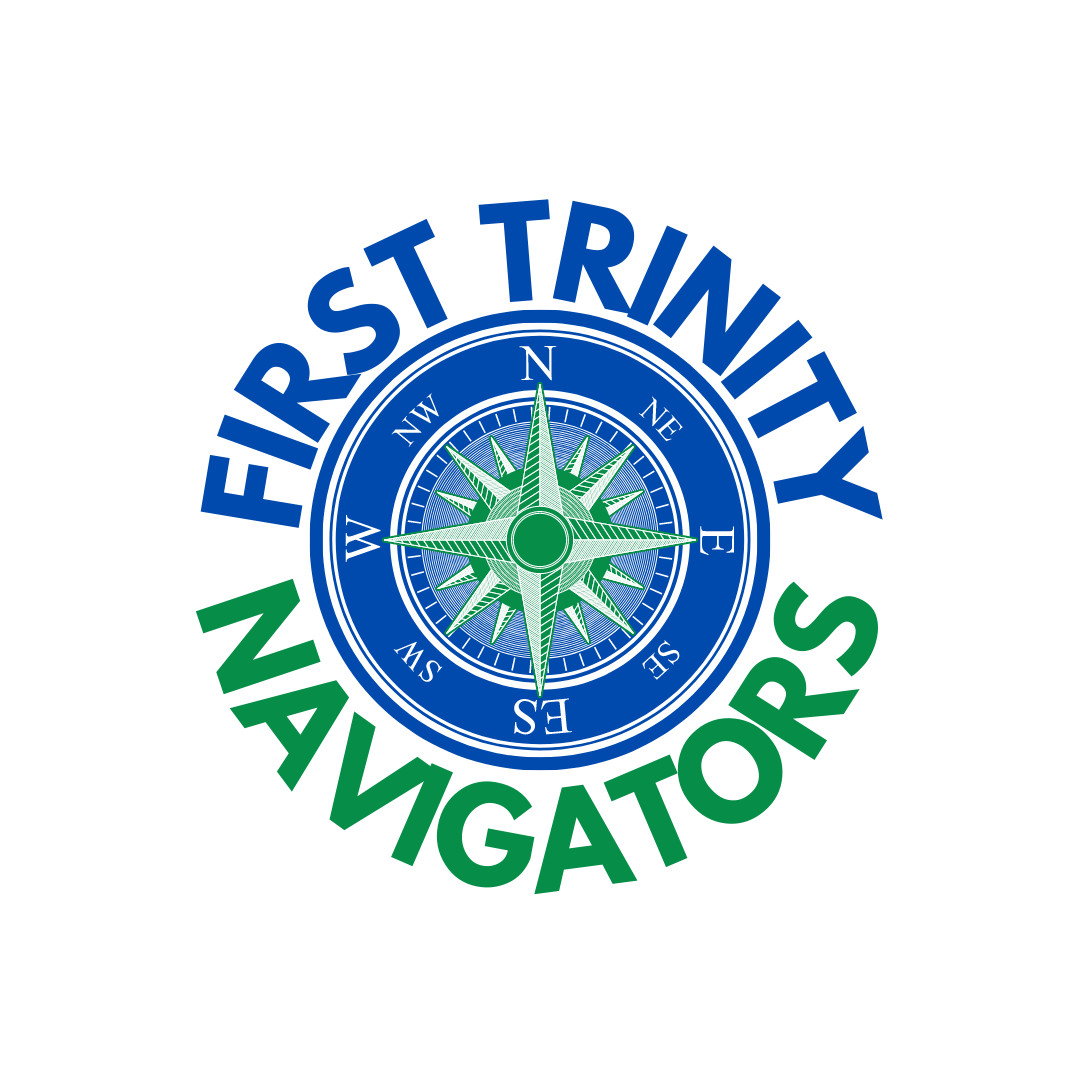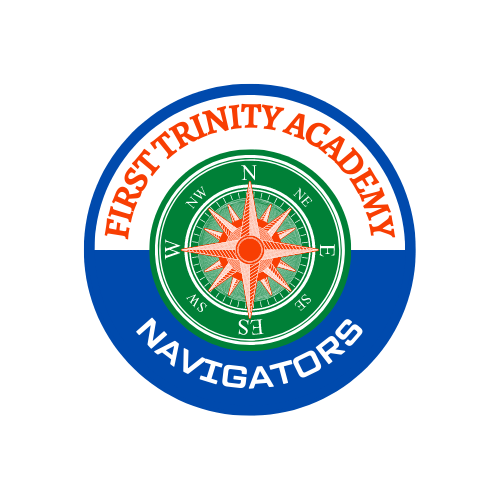
SCHOOL CURRICULUM
Curriculum K-8
Reading Curriculum Overview
Kindergarten:
- Introduction to phonemic awareness
- Emphasis on vowel isolation and understanding vowel influence on consonants.
- Multi-sensory activities to introduce the alphabet and short vowels.
- Building auditory awareness of vowel sounds.
Grade 1:
- Continuation of phonics mastery
- Introduction to higher-order thinking skills
- Analyzing and synthesizing information from short literature passages.
- Developing vocabulary skills through context clues and inference-making.
Grade 2:
- Further development of phonemic awareness and fluency
- Strengthening comprehension skills
- Enhanced critical thinking
- Engaging with fiction and nonfiction genres to draw conclusions and make predictions.
Grade 3:
- Mastery of phonics principles and transition to advanced reading comprehension strategies
- Continued focus on critical reading concepts such as cause and effect and making generalizations.
- Refinement of deductive and inductive thinking skills
- Application of evidence-based decision-making in captivating mystery cases.
Grade 4:
- Consolidation of phonics knowledge and fluency
- Advancement in reading comprehension and critical analysis
- Continued practice in critical thinking through more complex scenarios.
- Engaging with diverse literary forms to deepen understanding and interpretation skills.
Grade 5:
- Reinforcement of phonics mastery and application in varied texts
- Strengthening inference-making and evidence-citing skills
- Advanced critical thinking challenges
- Exploration of literary elements and themes in fiction and nonfiction works.
Grades 6-9:
- Application of phonics knowledge and comprehension strategies in more sophisticated texts.
- Advanced critical reading and analysis skills
- Complex problem-solving and decision-making i
- Preparation for higher-level academic reading and critical thinking demands.
ELA Curriculum Overview
Grades 1-4: Comprehensive Language Skills
- Reading, writing, grammar, and punctuation.
- Focus on fostering critical thinking and expanding vocabulary.
- Engaging in activities spanning various genres and concepts.
Grades 2-3: Grammar and Editing Mastery
- Concentration on grammar, punctuation, spelling, capitalization, and critical reading.
- Learning through understanding rather than repetitive exercises.
- Practice analyzing and correcting texts to reinforce learning.
- Honing in on writing skills through precise language use.
Grades 3-4: Advanced Language Proficiency
- Continuation of grammar, punctuation, spelling, capitalization, and critical reading development.
- Interactive exercises for mastering editing techniques.
- Integration of critical thinking to enhance writing fluency.
- Preparation for effective communication across various writing styles.
Grades 4-5: Language Mastery
- Continuation of grammar, punctuation, spelling, capitalization, and critical reading development.
- Integration of standards-based thinking approach to foster mastery of language concepts.
- analyzing and editing texts for mechanical errors.
Grades 6-8: Advanced Language Proficiency
- Continuation of grammar, punctuation, spelling, capitalization, and critical reading development.
- Embrace a standards-based thinking methodology to cultivate analytical skills.
- Refining editing and critical reading abilities.
Grade 9:
- Strengthen reading, writing, and critical thinking skills through the study of literature, nonfiction, and various forms of media.
- Analyze complex texts, develop strong argumentative and analytical writing, and refine their ability to communicate effectively.
- Emphasis is placed on vocabulary development, grammar, and research skills to support academic success.
Vocabulary Enrichment:
- Expansion of language skills through exposure to rich vocabulary.
- Introduction to higher vocabulary words.
- Interactive lessons with definitions, pronunciation guides, and word usage examples.
- Activities promoting contextual understanding and proper spelling.
- Emphasis on recognizing word variations for versatile usage.
- Tailored levels catering to different grade levels.
Math Curriculum Overview:
Kindergarten: Foundational Math Skills
- Introduce kindergarten mathematical concepts.
- Cover kindergarten skills and introduce first-grade concepts.
- Emphasis on problem-solving and computation to build a strong math foundation.
- Deeper exploration of critical thinking skills.
The spiral learning approach allows students to gradually master concepts while developing problem-solving abilities.
Grade 1: Building Mathematical Foundations
- Build upon kindergarten skills.
- Focus on first-grade math concepts while introducing skills expected in second grade.
- Emphasis on problem-solving and computation to prepare for higher-level math.
- Activities and lessons spiral slowly, allowing students to gain confidence in their abilities.
- Mathematical reasoning alongside mathematical concepts.
Grade 2: Developing Mathematical Proficiency
- Further develop mathematical skills
- Reinforce second-grade concepts and introduce third-grade skills.
- Focus on problem-solving and computation for success in higher-level math.
- Activities designed for concept mastery and critical thinking development.
- Encourage multiple strategies for problem-solving.
Grade 3: Advancing Mathematical Fluency
- Continued mathematical growth
- Strengthen third-grade skills and introduce fourth-grade concepts.
- Emphasis on problem-solving and computation for continued success in math.
- Engaging lessons with clear explanations and colorful examples.
The spiral learning approach ensures gradual mastery of concepts. and teaches mathematical reasoning alongside skill development.
Grade 4: Mastering Mathematical Concepts
- Advanced mathematical proficiency
- Consolidate fourth-grade skills and introduce fifth-grade concepts.
- Focus on problem-solving and computation to prepare for higher-level math.
- Engaging activities to ensure concept mastery and critical thinking.
- Encourages students to devise different strategies for problem-solving.
Grade 5: Preparing for Advanced Math
- Prepare students for advanced math
- Cover fifth-grade skills and introduce sixth-grade. concepts.
- Emphasis on problem-solving and computation to build for success in higher-level math.
- Activities designed for concept mastery and critical thinking development.
- Encourage students to approach problems using various strategies.
Grades 6-8 Pre-Algebra Preparation: Building a Strong Foundation
- Develop pre-algebra skills and critical thinking necessary for success in Algebra I.
- Organize concepts logically, stressing practice and critical thinking.
- Avoid common pitfalls by ensuring prerequisite skills and practice are in place.
Grade 8 - Geometry Preparation:
- Prepare for high school geometry.
- High school geometry concepts with a step-by-step approach.
- Reasoning behind geometric properties and basics of geometric proofs.
Grade 9:
- Build a solid foundation in algebra, geometry, and integrated math.
- Students deepen their understanding of mathematical reasoning, problem-solving, and real-world applications.
Science Curriculum Overview:
Grades K-1: Introduction to Science Thinking
- Utilize engaging lessons and activities to introduce foundational science concepts.
- Aligns with state and national science standards to prepare students for advanced science courses.
- Emphasis on critical thinking, reading comprehension, and writing skills in science.
- Students analyze text, charts, tables, and graphs to deepen understanding and develop inferential and deductive thinking.
- Encourage complete sentence responses to promote communication and evidence-based reasoning.
- Prepare students for contemporary science assessments by modeling questions after test items.
Grades 2-3: Exploring Scientific Inquiry
- Build upon foundational skills focusing on science reasoning and comprehension.
- Introduce more complex science concepts aligned with state and national standards.
- Engage students in critical thinking through analysis of text and visual data.
- Encourage thorough explanations supported by evidence to enhance writing and communication skills.
- Develop inferential and deductive thinking necessary for scientific inquiry.
- Familiarize students with questions found on contemporary science assessments.
Grades 4-5: Advancing in Scientific Reasoning
- Continued exploration of scientific inquiry
- Expand on science standards to prepare students for more advanced science courses.
- Challenge students to analyze and synthesize information from text, charts, tables, and graphs.
- Promote complete sentence responses to articulate thinking and support reasoning with evidence.
- Develop critical thinking skills essential for success in higher-level science assessments.
- Model questions after contemporary science assessments to familiarize students with test formats.
Grades 6-8: Developing Critical Science Skills
- Advances scientific reasoning skills tailored for middle schoolers.
- Prepare students for high school science courses by emphasizing reasoning, comprehension, and writing skills.
- Encourage careful analysis and synthesis of information from text and visual data.
- Promote clear and concise explanations supported by evidence to strengthen communication skills.
- Cultivate inferential and deductive thinking essential for scientific inquiry.
- Provide practice with questions on contemporary science assessments.
Grade 9
- Explore key scientific principles through courses such as Biology or Physical Science.
- Develop skills in scientific inquiry, experimentation, and data analysis. The curriculum emphasizes understanding the natural world, ecosystems, the structure and function of living organisms, and the application of the scientific method in real-world contexts.
Social Studies Curriculum Overview:
In Social Studies for grades K–5, students engage in challenging learning opportunities aimed at enhancing their comprehension of the world. Students will acquire foundational skills for critical thinking, establish a robust reading and writing base, and understand the significance of being accountable, engaged citizens.
Grades 4-8: Critical Thinking Engagement:
- Utilize captivating intriguing activity pages.
- Activities serve as wake-up exercises to stimulate critical thinking before lessons.
- Each activity focuses on developing essential reading comprehension skills.
- Students engage in solving puzzles that require inferential reasoning and deductive thinking.
- Designed to build vocabulary and associative thinking skills through deductive puzzles.
- Encourages non-threatening, non-graded, fun activities to promote critical thinking.
- Activities praised for logical reasoning, fostering a positive learning environment.
Grades 4-8: Ethical Dilemma Exploration:
- Incorporate an award-winning collection of ethical dilemmas to spark values and ethics discussions.
- Open-ended questions to present real-life problems, challenging students to navigate conflicting ethical beliefs.
- Encourage critical thinking as students decide their course of action in complex situations.
- Facilitate engaging classroom discussions to explore character-building issues.
- Allows teachers to observe and understand students' thinking, values, and ethical beliefs.
- Promote active listening and empathy as students consider the perspectives of others.
- Activities structured to provoke deep consideration through subsequent questions, fostering reflection and growth.
Grades 6-8: World History Exploration:
- Integrate critical thinking into content lessons to foster deeper analysis and understanding.
- Require evidence-based responses, promoting better comprehension and higher test scores.
- Develop reading comprehension, writing skills, and vocabulary acquisition.
- Include geographical maps, timelines, and concept maps to enhance learning.
- Focus on the roles of technology, power, institutions, ideas, and trade in shaping history.
Grades 6-8: U.S. History Discovery:
- Engage students in integrating critical thinking into content lessons.
- Emphasize deeper analysis and evidence-based reasoning for greater understanding.
- Develop reading comprehension, writing skills, and vocabulary acquisition.
- Provide primary and secondary source information, bringing U.S. history to life.
- Challenge students to supply supporting evidence and draw inferences from historical events.
Grades 6-8: U.S. History Exploration:
- Cover American history from European exploration to Reconstruction.
- Promote critical thinking through analysis of historical events and evidence-based responses.
- Encourage students to distinguish between facts and opinions while interpreting historical chronology.
- Develop vocabulary acquisition and the ability to interpret information from various sources.
- Integrate geographical maps, political cartoons, and charts to enhance understanding.
- Foster a deeper appreciation and comprehension of key events and themes in American history.
Grade 9:
- Gain a deeper understanding of history, government, and geography.
- Examine historical events, cultural developments, and political systems while learning to analyze primary and secondary sources.
- Critical thinking and evidence-based reasoning are emphasized to help students become informed global citizens.
Geography Curriculum Overview:
Grades K-8:
- The Meaning of a Map
- How to use it
- Introduction to the study of Geography
The field of geography covers various subjects aimed at fostering an awareness of the world and recognizing specific regions and cultures, fostering comprehension of the connections between location and culture, as well as between individuals and their surroundings. Students learn universe and earth measurements and distances, continents, bodies of water, nations, populations, world resources, and time structures.
Art Curriculum Overview
- Students learn about artistic mediums and develop an appreciation for various art forms.
Music Curriculum Overview
Students learn the various instruments and develop an appreciation for various music genres.
Foreign Language
Studying a foreign language improves memory and listening skills, as well as analytical capabilities, problem-solving skills, and the ability to work with abstract concepts. Students begin or continue studying a foreign language, focusing on reading, writing, speaking, and listening skills. They explore cultural aspects of the language, enhancing global awareness and communication skills. Courses emphasize vocabulary development, grammar, and conversational fluency.

